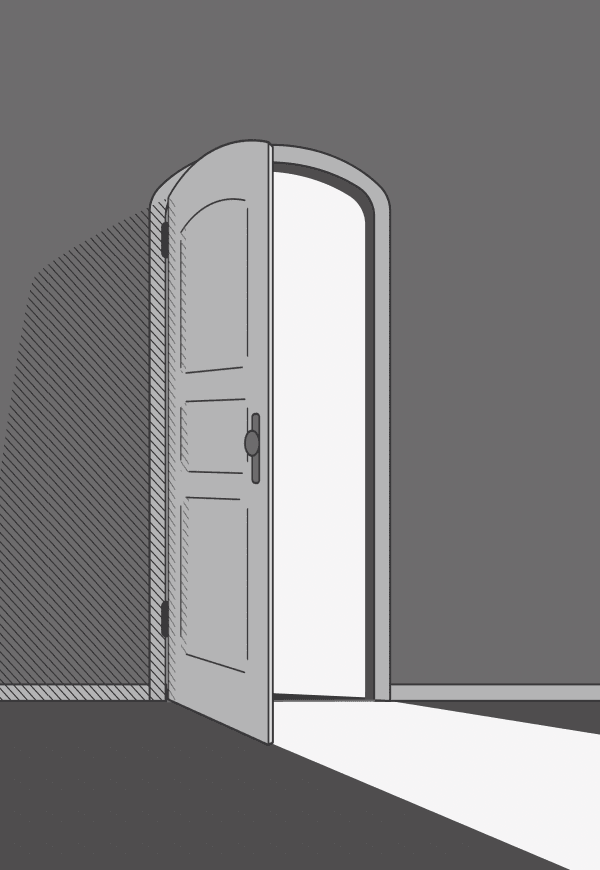Sign In
Welcome to the new home of Aquinas 101!
If you're a subscriber from our former website joining us on our new learning platform for the first time, click here to activate your free account.
OR
Don't have an account yet?Create Your Free Account
